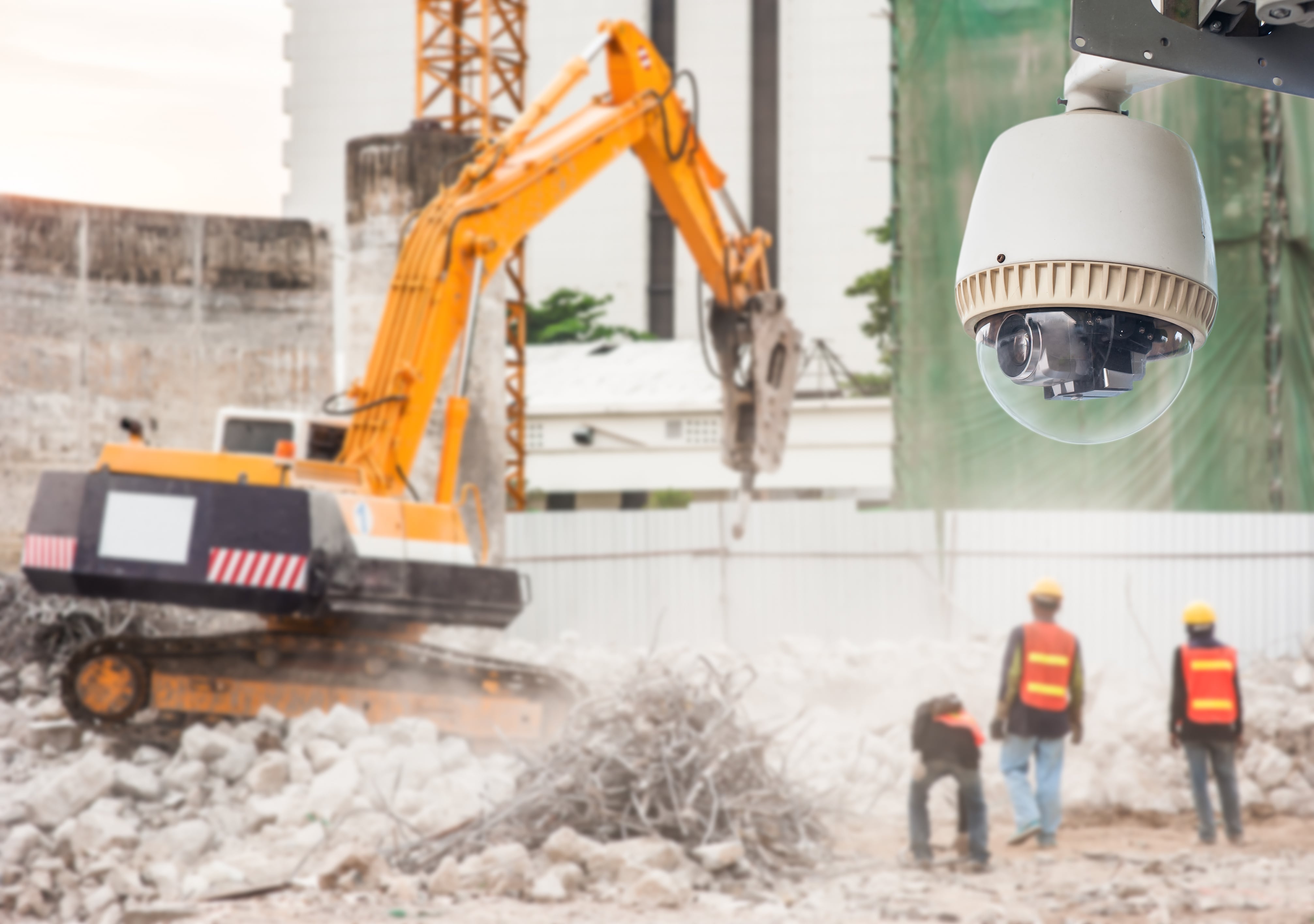
Construction sites are bustling with activity, with workers, machinery, and valuable materials constantly moving around. Unfortunately, this environment also makes construction sites vulnerable to security threats. To ensure the smooth progress of projects and safeguard valuable assets, it is crucial to improve the security of construction sites. In this article, we will explore various strategies and measures that can be implemented to enhance site security and protect what matters most.
Table of Contents
ToggleUnderstanding the Importance of Construction Site Security
Construction sites house valuable resources, such as expensive equipment, materials, and machinery. These sites also often store sensitive documents and data related to the project. Therefore, ensuring the security of construction sites is essential to protect investments, maintain project timelines, and prevent potential accidents or thefts.
Identifying Potential Security Risks and Vulnerabilities
Before implementing security measures, it is crucial to conduct a thorough assessment to identify potential risks and vulnerabilities. This includes evaluating the site layout, analyzing access points, and understanding the local security landscape. By identifying weak points, site managers can develop targeted strategies to address specific security concerns.
Establishing Access Control Measures
Controlling access to construction sites is a fundamental aspect of site security. Implementing access control measures, such as secure entrances and visitor management systems, helps ensure that only authorized personnel can enter the site. This minimizes the risk of unauthorized individuals accessing restricted areas and reduces the chances of theft or sabotage.
Implementing Surveillance Systems
Surveillance systems play a vital role in monitoring construction sites. By installing high-quality cameras at strategic locations, project managers can keep a watchful eye on the site 24/7. Modern surveillance systems often feature advanced functionalities like motion detection and remote monitoring, enabling real-time alerts and rapid response to any security incidents.
Enhancing Lighting and Visibility
Well-lit construction sites serve as a deterrent to potential criminals and intruders. Adequate lighting not only improves safety but also enhances site security. Illuminating all areas of the site, including dark corners and blind spots, reduces the chances of unauthorized access and enhances the effectiveness of surveillance systems.
Employing Security Personnel
Security personnel are the frontline defense against security threats at construction sites. Trained security personnel can patrol the site, monitor access points, and respond promptly to any suspicious activities. Their presence instills a sense of security among workers and deters potential intruders from attempting unauthorized entry.
Securing Equipment and Materials
Construction sites often contain expensive equipment and materials that are attractive targets for theft. Implementing secure storage measures, such as locked containers or cages, helps protect these valuable assets. Additionally, marking equipment and materials with unique identifiers can aid in recovery efforts in case of theft.
Utilizing Alarm Systems and Sensors
Alarm systems and sensors provide an additional layer of security to construction sites. These systems can be integrated with access control mechanisms and surveillance cameras, triggering immediate alerts in case of unauthorized access, tampering, or suspicious movements. By promptly notifying security personnel or local authorities, the response time to incidents can be significantly reduced.
Creating Secure Perimeter Fencing
Installing sturdy perimeter fencing around construction sites acts as a physical barrier against unauthorized entry. The fencing should be designed to withstand external pressure and equipped with appropriate gating systems. Clear signage indicating restricted areas can further deter potential intruders.
Conducting Regular Security Audits
Regular security audits are essential to evaluate the effectiveness of existing security measures and identify areas for improvement. By conducting thorough inspections, including checks on access control systems, surveillance equipment, and storage facilities, site managers can ensure that security protocols are up to date and aligned with industry best practices.
Educating and Training Workers
Workers play a vital role in maintaining site security. It is crucial to educate and train all personnel on security protocols, emphasizing the importance of adhering to safety guidelines and reporting any suspicious activities. Regular training sessions can help create a security-conscious workforce that actively contributes to maintaining a safe and secure environment.
Promoting a Culture of Security Awareness
Developing a culture of security awareness fosters a proactive approach to site security. Encourage workers to report any security concerns promptly and provide mechanisms for anonymous reporting if necessary. By promoting open communication and actively addressing security issues, construction sites can create an environment where everyone takes responsibility for security.
Conclusion
Improving the security of construction sites is crucial for protecting valuable assets, maintaining project timelines, and ensuring the safety of workers. By implementing comprehensive security measures such as access control, surveillance systems, adequate lighting, and trained security personnel, construction sites can effectively mitigate security risks and safeguard what matters most.
Frequently Asked Questions
Q1: How can access control measures improve construction site security?
A1: Access control measures, such as secure entrances and visitor management systems, restrict unauthorized access, minimizing the risk of theft or sabotage.
Q2: Why is lighting important for construction site security?
A2: Adequate lighting enhances visibility, deters potential intruders, and improves the effectiveness of surveillance systems, thereby enhancing overall site security.
Q3: What role do security personnel play in construction site security?
A3: Trained security personnel patrol the site, monitor access points, and respond to suspicious activities, acting as the front-line defense against security threats.
Q4: How can alarm systems and sensors enhance construction site security?
A4: Alarm systems and sensors provide immediate alerts for unauthorized access, tampering, or suspicious movements, enabling prompt response and reducing incident response time.
Q5: Why is regular security auditing important for construction sites?
A5: Regular security audits help evaluate the effectiveness of existing security measures, identify areas for improvement, and ensure alignment with industry best practices.
